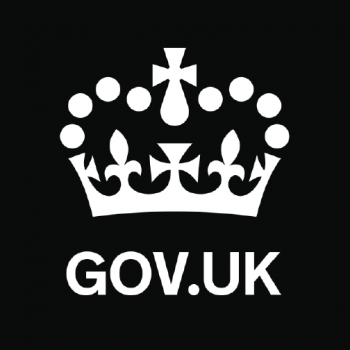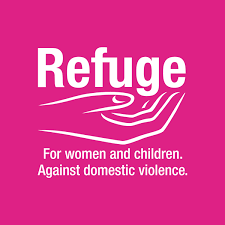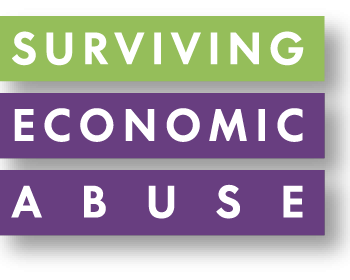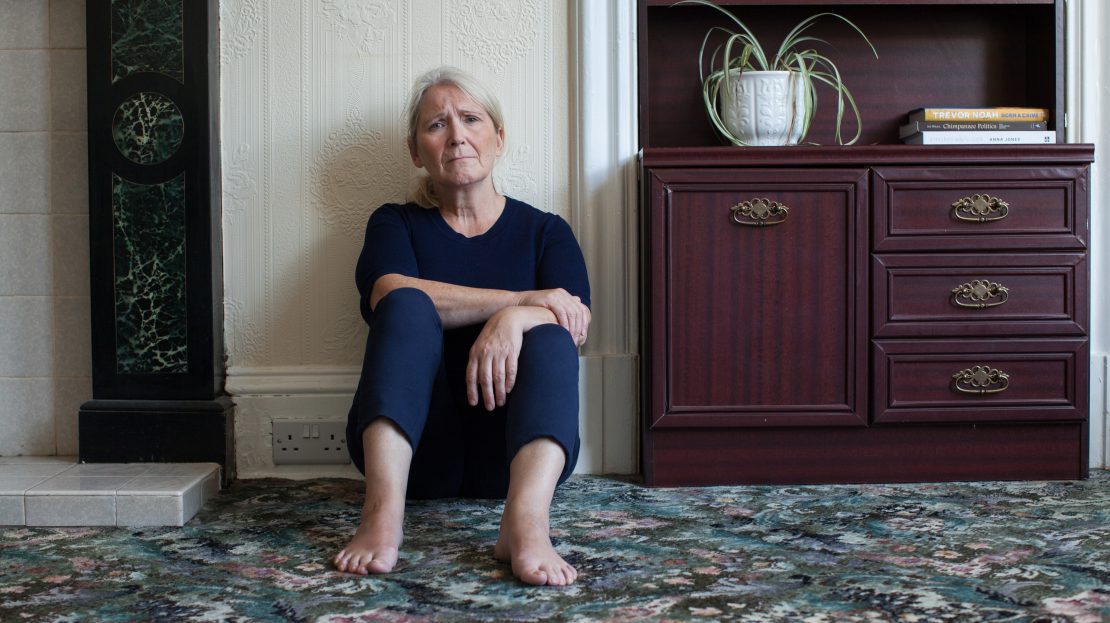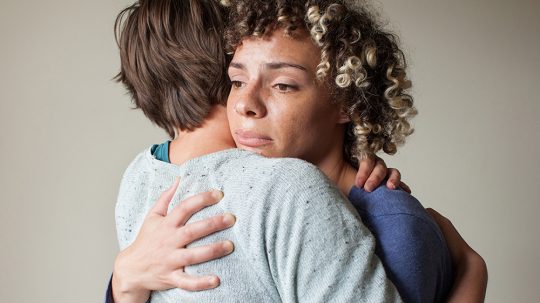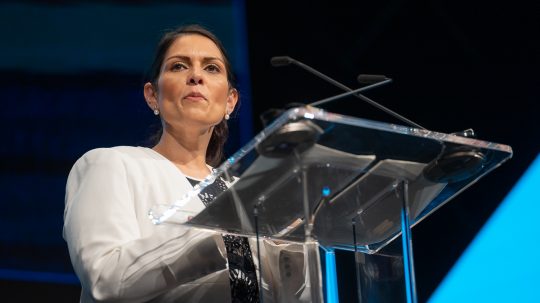TRIGGER WARNING: Please note that this piece includes language and themes of domestic abuse and sexual violence that some may find triggering.
There are hopes that plans to scrap a housing requirement may make it easier in the future for survivors of domestic abuse in England to find accommodation. A consultation, which has now closed, proposed that the ‘local connection test’ should be scrapped.
During the passage of the Domestic Abuse Act 2021, concerns were raised relating to local connection tests. In reaction to those concerns, the government committed to consult on regulations to scrap local connection tests for victims of domestic abuse who apply for social housing.
The Department for Levelling Up, Housing, and Communities will now review the following:
- Proposals to introduce regulations to enable victims of domestic abuse who need to move to another local authority district to qualify for an allocation of social housing in the new area, and;
- How local authorities are making use of the existing legislation and guidance to support victims of domestic abuse who wish to move within and across local authority boundaries.
The consultation raised concerns that survivors are being denied social housing allocations because they have ‘no local connection’ to the area. This could be because of moving regularly or because the person has moved to be away from the abuse.
What is the ‘local connection’ requirement?
The local connection requirement is typically established when an individual has lived somewhere for ‘3 out of the past 5 years or for 6 months out of the previous 12 months’. This could mean that a person could potentially move to a location they once lived in before the abuse took place, although the timeframe isn’t supportive or inclusive for many.
The consultation concluded: “We are concerned that victims are still being denied social housing allocations because they have no local connection. Often, victims who have escaped to a refuge need to resettle in a new area as they are still at risk in the area they fled. This is especially important given we know that the majority of victims who were placed in a refuge came from a different local authority area to the refuge they moved to.”
We need to reduce the obstacles survivors face
Head of Policy, Research and Campaigns at JustFair, Helen Flynn explained how much a survivor has to do to consider leaving an abusive environment. Flynn stated:
“If one partner is abusive and in control of the money, we see an overlap between physical abuse and coercive control. As a person considering to leave a situation, there are so many steps you have to think about.”
Flynn continued: “[They’ve got to think about] If they can get access to social housing if they can’t, what does that mean? Do you have access to money? Even if it’s your own. If you have a family, where are they going to stay and how are you going to feed them? How will you pay for school uniforms? It goes on. These are the pervasive impacts of violence and the pervasive impact of the denial of rights and the violation of rights.”
We can learn from each other
“In Northern Ireland, we recently passed the Domestic Abuse (Safe Leave) Bill (awaiting royal assent), which was about giving victims of domestic abuse, paid leave from work in order to deal with leaving.” Flynn stated.
The Bill sets out to support employees who are experiencing domestic abuse, by relieving them from work to deal with issues related to domestic abuse. During this time they may seek legal advice or pursue legal proceedings and remedies, as well as find accommodation, access healthcare and protect family members.
“The life admin that you would have to do to get away [from abuse], with the worry of what happens to your kids, or find a new home, even how to stay safe. How do you do all of these things? I believe, just giving people that two weeks or so for breathing space is incredible.”
While the The Department for Levelling Up, Housing, and Communities decides whether the local connection requirement will be scrapped, it is clear that we must make society more equipped to support all survivors throughout any abuse they may face.
Visit EachOther’s website throughout this week for more coverage of domestic abuse and sexual violence as they relate to our rights in the UK.


